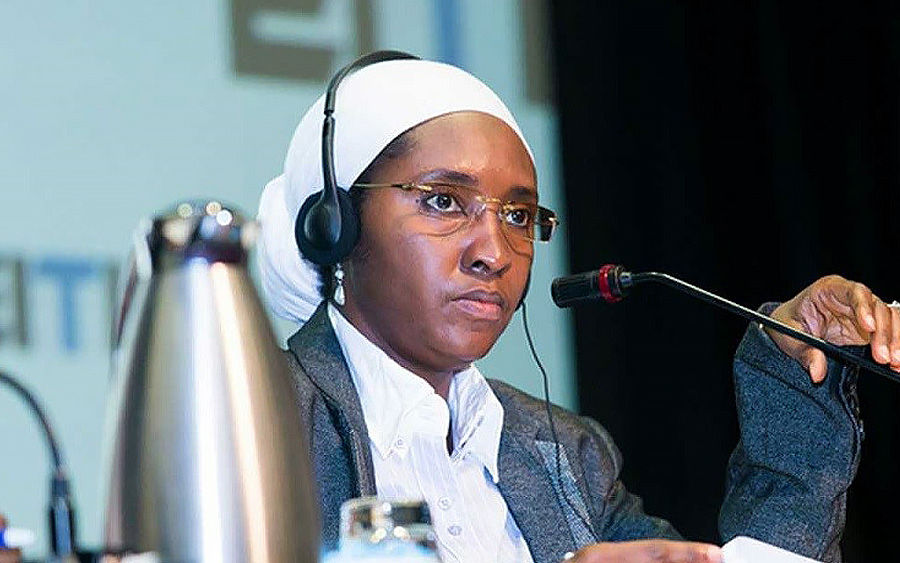Contrary to expectations, the Federal Government has failed to carry out its planned sale of some of its stake in joint venture oil assets, the second year in a row.
This can be seen from the highlights of the 2020 Budget presented by the Minister of Finance, Budget and National Planning, Mrs Ahmed Zainab as it was not included as one of the sources for expected revenue.
According to the 2019 approved budget presentation, President Muhammadu Buhari had directed that immediate action should commence to restructure the JV oil assets. This, he said was to enable the reduction of shareholding to not less than 40% and that this exercise must be completed within the 2019 fiscal year, Punch reported.
“The overall revenue performance in 2018 is only 55 per cent of the target in the 2018 budget partly because some one-off items such as the N710bn from Oil Joint Venture Asset restructuring and N320bn from revision of the Oil Production Sharing Contract legislation/terms have yet to be actualised and have thus been rolled over to 2019.
“We have again reflected projected proceeds from oil assets ownership restructuring as revenues for transparency and monitoring. Expected funds have been earmarked to fund critical capital projects as this was not achieved in 2018,” the document read.
What you should know: In 2017, the President Buhari administration stated that it would reduce its stakes in JV oil assets, refineries and other downstream subsidiaries such as pipelines and depots in its Economic Recovery and Growth Plan.
[READ MORE: FG announces Ibadan–Kano Rail Project would begin First Quarter 2020)
The Nigerian upstream operational structure is essentially divided between JV onshore and shallow water with local oil firms and multinationals. It also entails Production Sharing Contract (PSC) between both parties in deepwater offshore, which has attracted enormous interests and massive involvement of International Oil Companies (IOC) over the years.
Ownership Structure of JVs: The JV between the Nigerian National Petroleum Corporation (NNPC) and Shell allows the NNPC to own 55% stake while the one between the NNPC and others like Chevron and ExxonMobile allows the NNPC to own 60% shareholding.
The JV contract requires the government and the other parties to contribute to the funding of the operations according to their stake in the partnership. However, the government has, over the years, been accused of failing abysmally to live up to this obligation. This has made it heavily indebted to the other parties.
